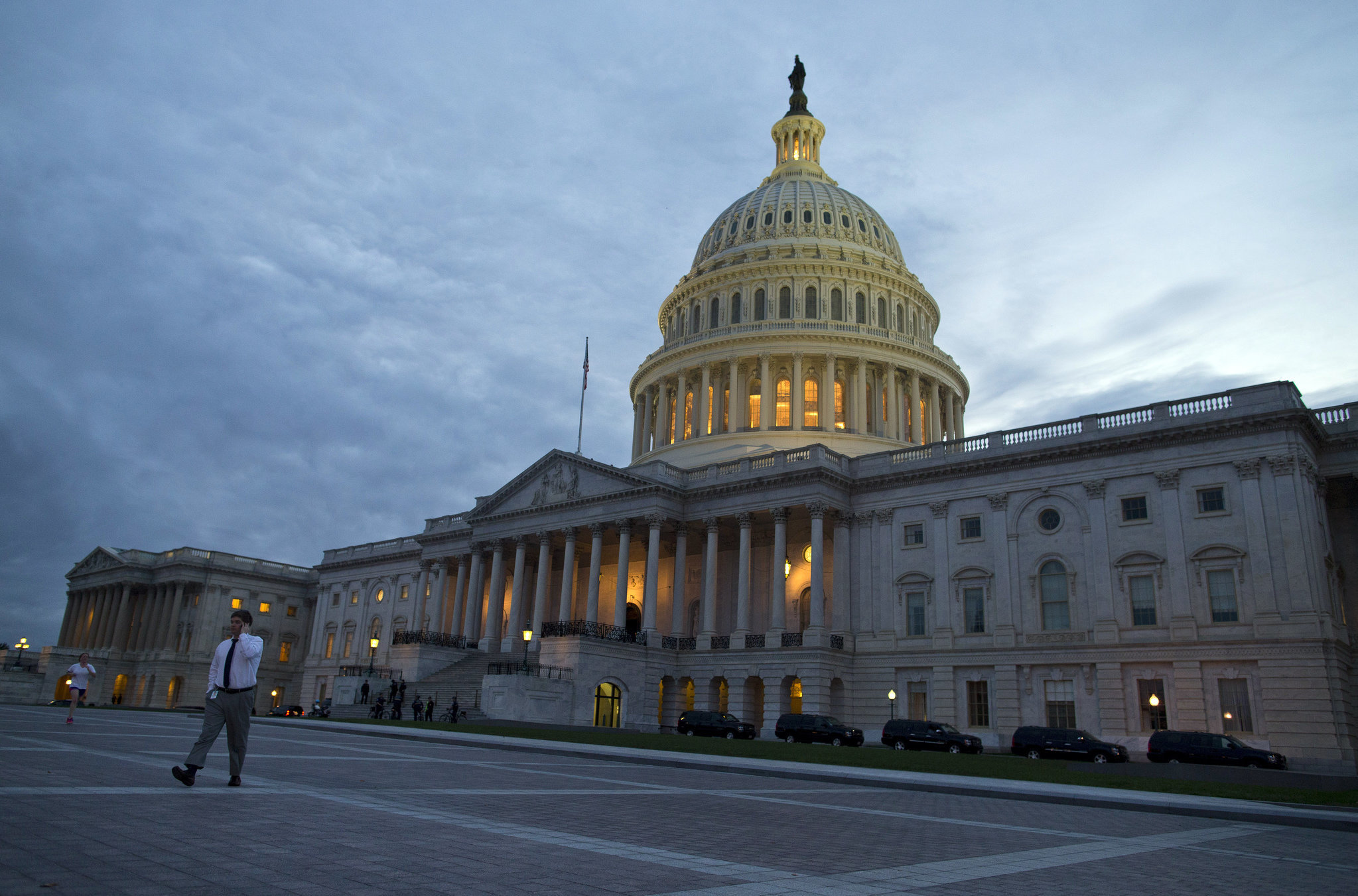Earlier this week, the U.S. House of Representatives passed the Protecting Access to Care Act — or H.R. 1215 — which implements medical malpractice reform by capping plaintiff damages at $250,000. The legislation passed by a vote of 218-210, predominantly with party-line GOP support.
In addition to the financial ceiling, the act sets a three-year deadline for filing a medical liability lawsuit related to healthcare that was funded in any way by the federal government. Limits on attorney fees are also built into the legislation.
The Congressional Budget Office — which has provided grim, damaging assessments of Republican legislation to undo the Affordable Care Act — determined the Protecting Access to Care Act would yield an overall cost savings. They say enacting the law would reduce deficits by nearly $50 billion over a 10-year period. The savings would largely come from drops in federal health program spending as physicians opt against costly tests and other services that were previously recommended only as a defense against malpractice claims.

(Image credit: AP Photo/ Evan Vucci)
The AMA celebrated the House vote.
“For too long, our broken medical liability system has resulted in increased health care costs and slowed access to care for patients,” AMA President David O. Barbe, MD, said in a statement. “This legislation is an important step toward fixing that system — a step that reins in defensive medicine, reduces the growth of health care costs, and strikes the correct balance by promoting speedier resolutions of disputes — while maintaining an injured patient’s access to just compensation. By redirecting health care spending from defensive medicine, additional dollars can go to patient care, safety and quality improvements, and to health information technology systems that would help improve care and outcomes.”
Taking the opposite view, over 80 organizations co-signed a letter to House leaders Paul Ryan and Nancy Pelosi. The letter decries the bill.
“Congress should focus on improving patient safety and reducing deaths and injuries, not insulating negligent providers from accountability, harming patients and saddling taxpayers with the cost, as H.R. 1215 would do,” they argue.
The White House has already expressed eagerness to sign the bill into law, but the Protecting Access to Care Act still needs to make its way through the Senate, already smarting from their stalled attempt at tackling “repeal and replace” of the ACA. It’s unclear when — or if — the Senate will take up the medical liability reform effort.
Filed Under: Industry regulations




